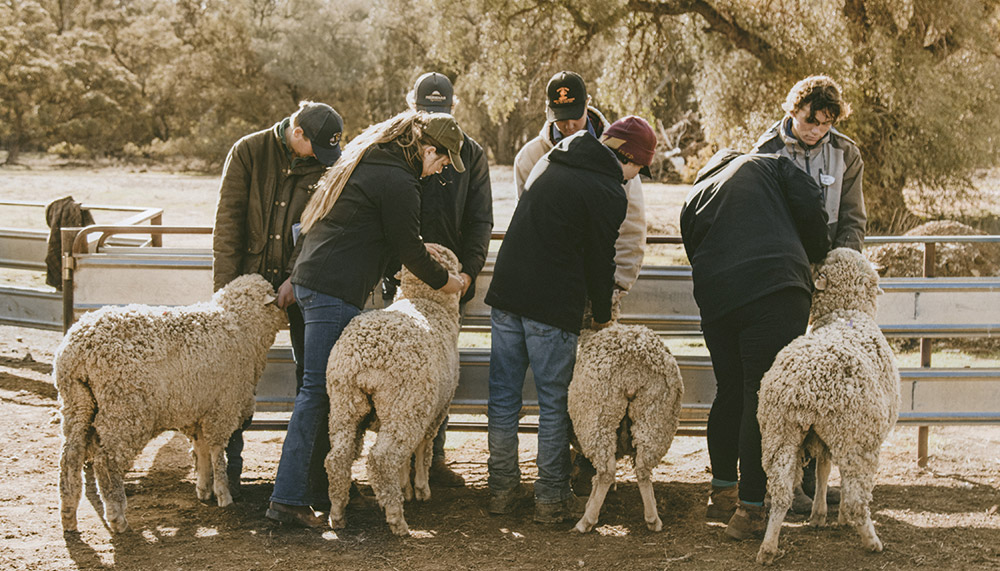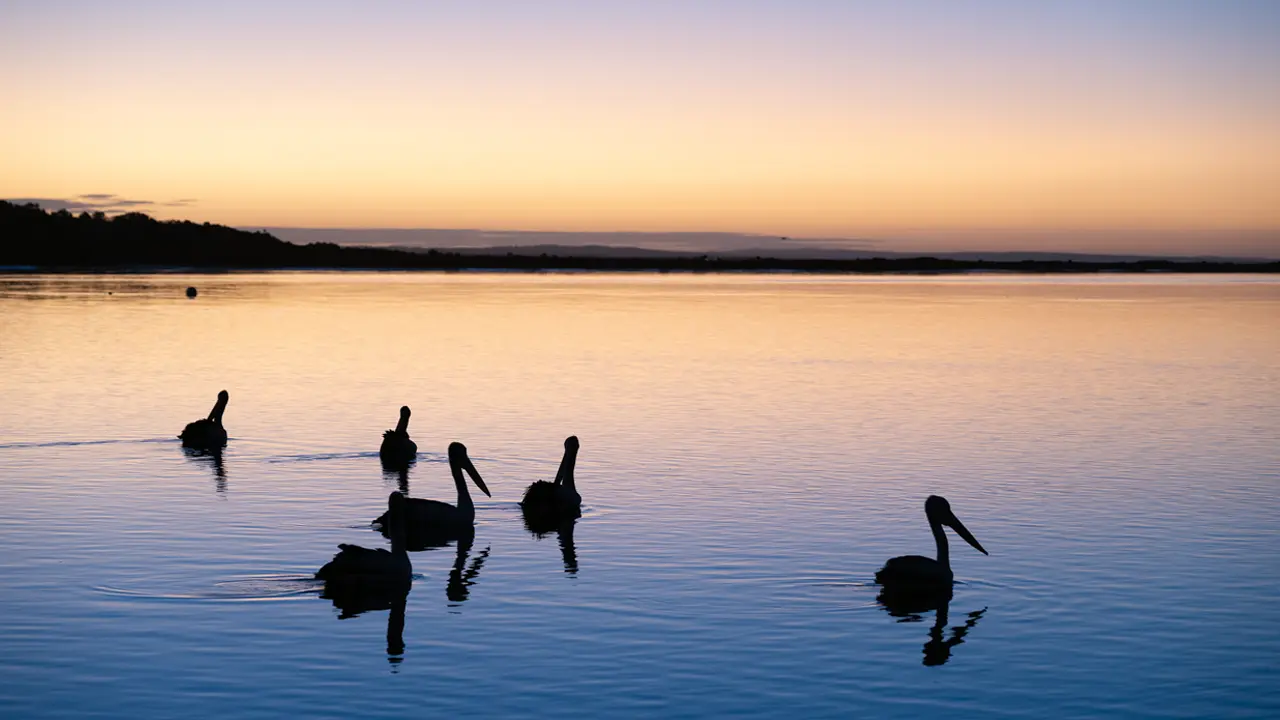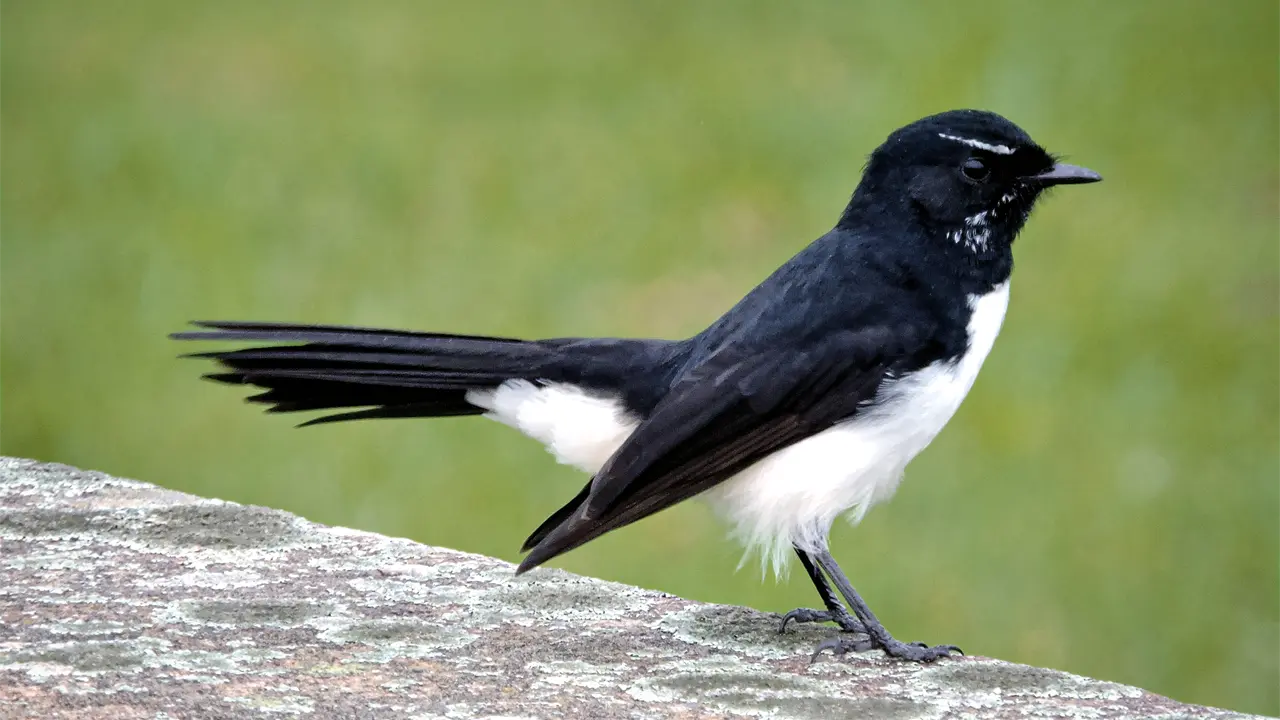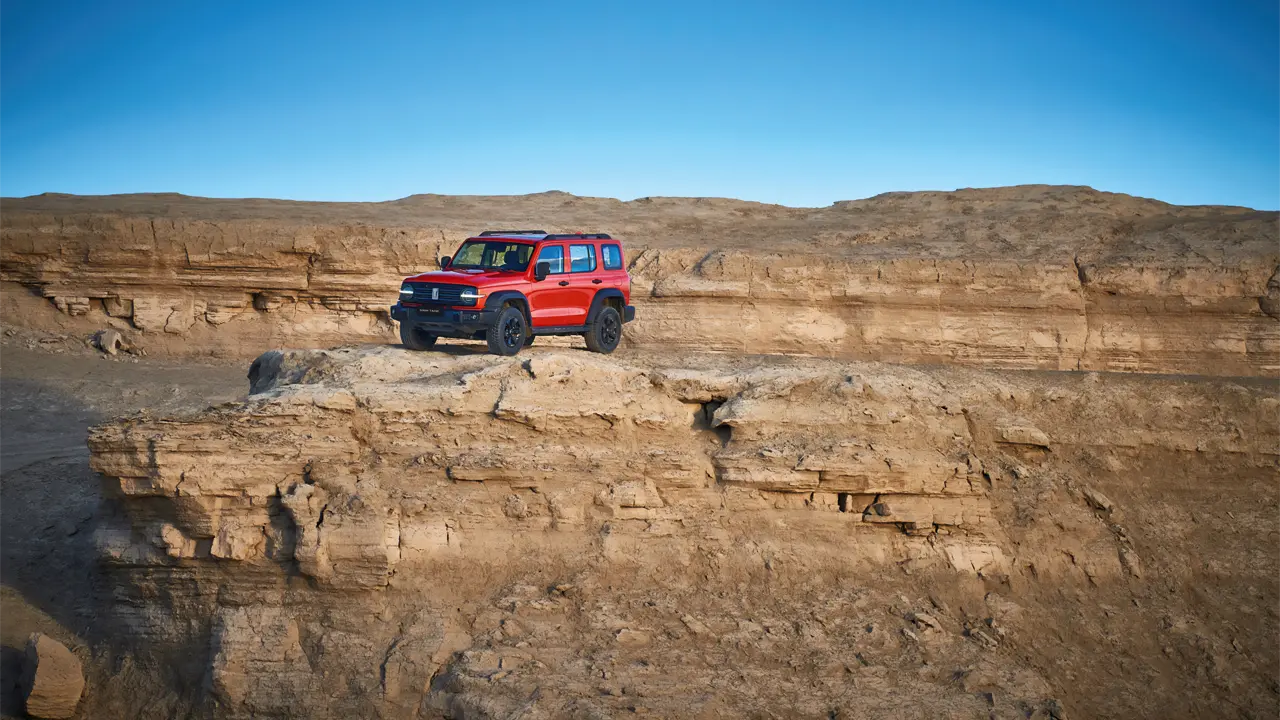Volunteers in the region around Hay, NSW, are teaching skills on the land, from livestock handling to mechanical repairs.
Story John Dunn Photo courtesy Hay Inc
In 1989, when Chris Bowman came in as stud manager at Uardry, the famous Merino stud established in 1864 near Hay in the NSW southern Riverina, he noted there were 70 jackaroos and jillaroos in the Hay, Jerilderie and Deniliquin districts. However, by 2013, the number had dropped to just five. “The Riverina was long renowned as a training ground for many who became leaders in the Merino industry as stud masters, managers and sheep classers,” Chris recalls. As a prime example of the changes, jackeroos were no longer needed when Uardry was sold in 2012. This contributed to the general decline in the number of young people coming into the district, causing concern within the rural community in and around Hay.
The lack of training and young people became the topic of conversation among landholders and rural employers. Sandy Symons was working in Hay as a wool specialist with Landmark and was impressed with the company’s program teaching young staff how to prepare for a life on the land. “I thought it could be adopted, so I wrote to local landholders, agents and businessmen to gauge interest,” he says.
Sandy met with Chris and Richard Cannon, who runs Rosevale, a nearby diversified grazing and irrigation business, to see if it was viable to set up a training program using experienced managers, graziers and stockmen. “My real agricultural education began as a jackaroo at Wyvern and Brunette Downs,” Richard says. “That’s where I learned the fundamentals. That’s where the groundwork of rural life begins. It’s the system that prepares you for the work that lies ahead.”
The trio noted that Matt and Sandra Ireson, who run a beef cattle and prime lamb operation at nearby Booligal, were already introducing year 9 and 10 students to agriculture on their beef cattle and prime lamb property, so they asked Sandra to join a committee. Formed in 2013, with Sandy as its first chairman, it was called Hay Inc. “Our aim was to put together an educational course that would teach young people the essentials of farming,” Sandy says.
Sandra became secretary/treasurer and with committee members began obtaining funding, sponsorship and other help. The four of them designed their own course, drawing on the knowledge and experience of volunteer local landholders and their years and years of accumulated practical ability to provide a pathway to careers in agriculture. The first course in 2014 involved eight young men and was held at local properties – Wyvern, Steam Plains, Burrabogie and Benduck. Tuition wasn’t in classrooms, but in the shearing sheds, stockyards and paddocks, where the participants handled sheep and cattle, worked with dogs, learnt about fencing, farm maintenance, health and safety, and even how to ride motorbikes and quads safely. They learnt everything from mechanics, courtesy of local motor repairer Les Lewis, to animal nutrition.
Now 99 people have completed the Hay Inc course. The course make-up has changed over the years, with the 2021 cohort including seven young women in the group of 16, aged 18 to 25. Participants come from as far away as Kirwan in north Queensland, Keppoch, SA, Lockwood and Toomuc Valley in Victoria, and Enngonia in northern NSW.
Courses comprise three sessions of five days each in February, March and June. They are run to fit livestock cycles, such as lamb marking, shearing and wool handling, and dog training.
This story excerpt is from Issue #140
Outback Magazine: December/January 2022










